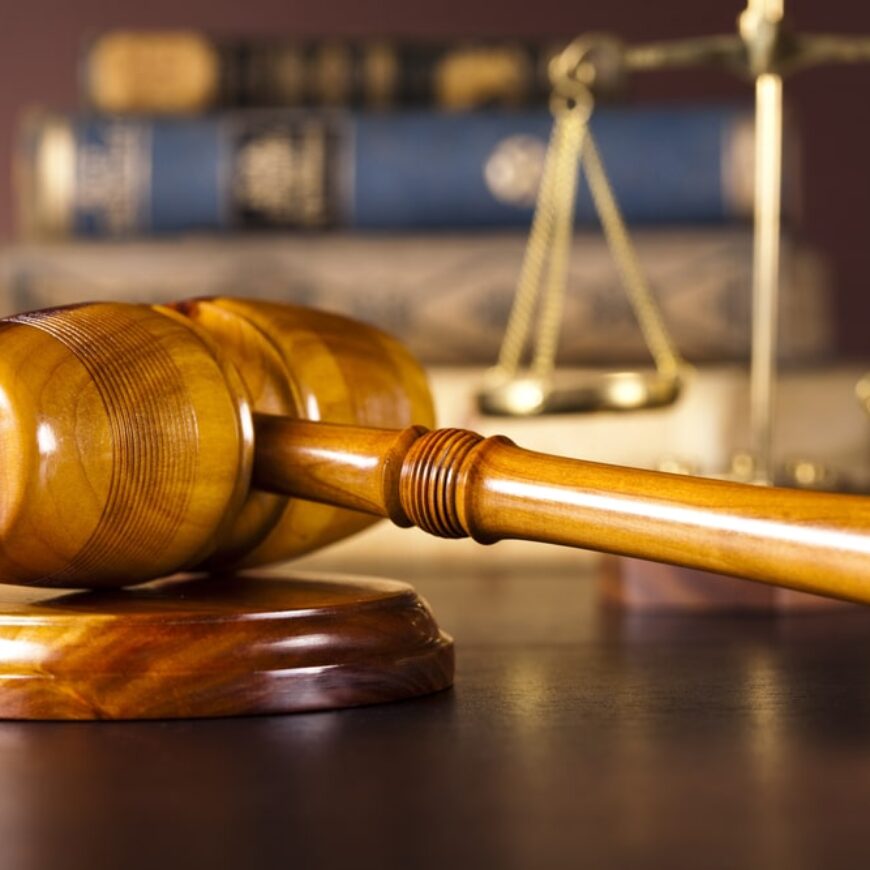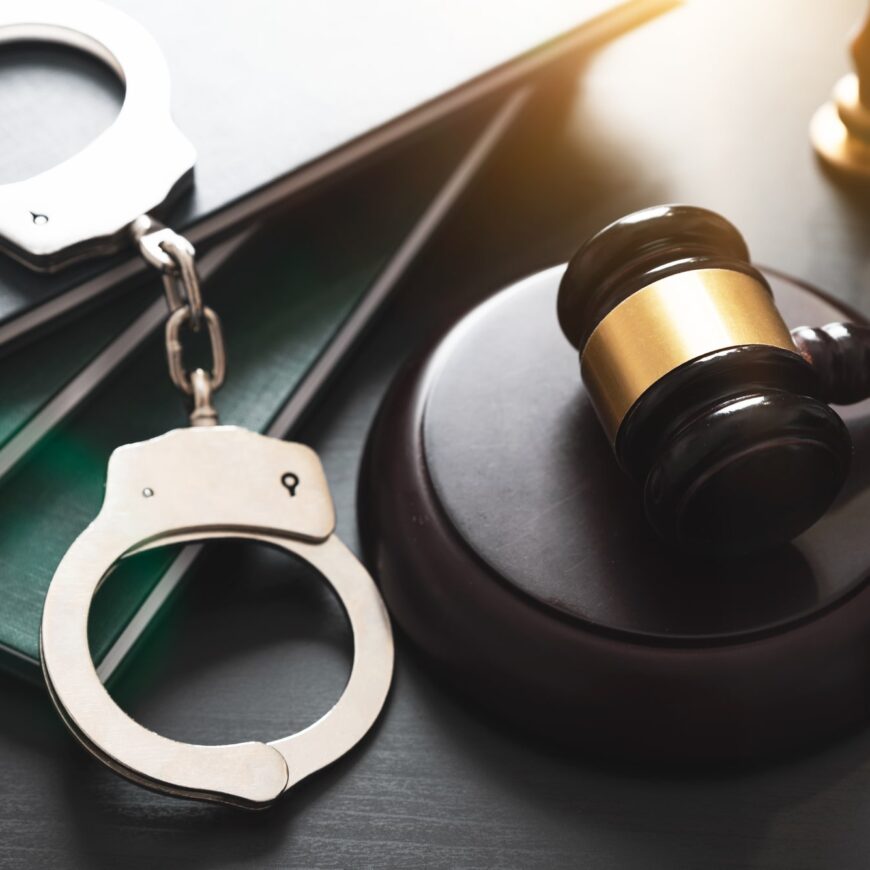Family Lawyer
Divorce not only can impact the emotional wellbeing of all those involved, but it can also affect your financial wealth and assets. Whether you have recently filed a personal injury claim or have recovered a settlement or verdict, if you believe there is an impending divorce, it is important to explore your options for protecting your money.
Understanding Property
All states have developed their own procedures and rules for how all assets are handled in a divorce. Typically, there is two different types of property: separate property and community property.
If your divorce is in a non-community property state, all assets are equitable. In this case, they will be divided 50/50. Whereas in community property states, which are currently Arizona, California, Idaho, Louisiana, Nevada, New Mexico, Texas, Washington, and Wisconsin, the assets will need to be divided into community and separate property.
Community property is any property that was acquired during the marriage, and is jointly owned.
Separate property is any property that was acquired before the marriage, through an estate, or gifted to one spouse. Some portions of a personal injury settlement are often considered to be separate property; however, there will be factors to consider.
It should be understood that even if an asset is in only one spouse’s name, such as a title to a car, it will likely be community property if the car was purchased after the marriage.
Defining the Difference is Very Important
In most divorces any community property is divided between the spouses. It does not necessarily have to be an equal number, but rather should be fair and just. Separate property cannot be distributed to the other spouse, except for in a few circumstances. For example, if you purchased a house before you were married, but allowed your spouse to live there after, it may become community property.
Where Personal Injury Settlements Fall Under
If you are wondering whether or not your soon to be ex could access a personal injury settlement, it is advisable to talk with a personal injury lawyer Longwood, FL offers as soon as possible. In short, if your settlement is community property, a judge could choose to divide it. However, a judge might also review the details of the case and the damages awarded. Typically a judge will consider what you will need to continue your medical treatment after the accident. Compensation for medical care, emotional distress, disfigurement, pain and suffering may be deemed to be separate property. Whereas, compensation for any loss of earning capacity, property damage, and workers compensation may be considered community property.
If you are concerned about a personal injury settlement during or after a divorce, it is recommended you do the following:
- Keep your settlement in a separate bank account or trust
- Do not give your soon to be ex access to these accounts
- Talk to your personal injury lawyer about the divorce
- Ask your lawyer to explain what compensation may be separate property
Thank you to our friends and contributors at David & Philpot, P.L. for their insight into personal injuries and divorce.


